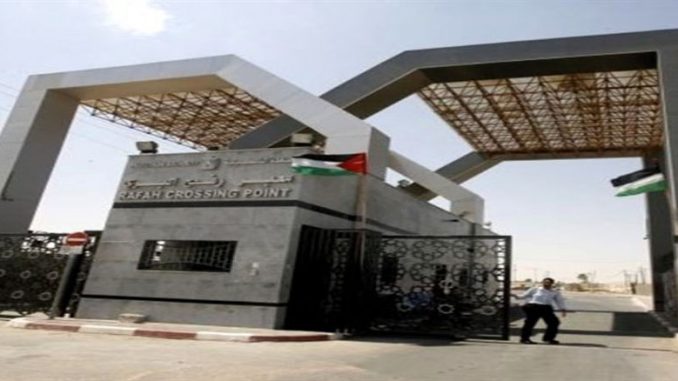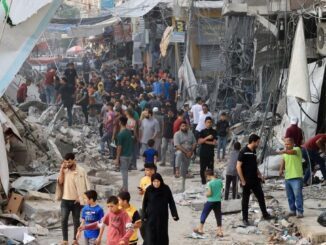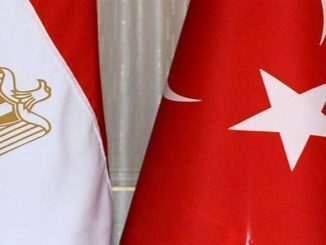
Four busloads of passengers were permitted to enter the besieged Gaza Strip from Egypt on Saturday, on the first of a three-day opening of the Rafah crossing.
Director of public relations at the Hamas-run Ministry of Interior Ali Nabulsiya told Ma’an that the crossing would remain open on Sunday and Monday, and only for arrivals to Gaza from Egypt. He added that the department formed teams to provide assistance to exhausted passengers who have been stuck in Egypt after returning from their travels abroad.
Egyptian authorities announced their decision to open the crossing on Thursday, saying that the order came upon request by Palestinian President Mahmoud Abbas to Egypt’s Abd al-Fattah al-Sisi.
Egypt has upheld an Israeli military blockade on the Gaza Strip since the ousting of former President Muhammad Morsi in 2013 and the rise to power of al-Sisi in Egypt.
While the Egyptian border has remained the main lifeline for Gazans to the outside world, Egyptian authorities have slowly sealed off movement through the border since Morsi was toppled by the Egyptian army.
Due to the constraints on Palestinian movement through the crossing, many Gazans are commonly barred from leaving or entering the besieged coastal enclave, some for months at a time, as the crossing is only periodically opened by Egyptian authorities, stranding Palestinians on both sides of the crossing during closures.
According to the United Nations, the crossing has been opened exceptionally on only 12 days in 2017, last on March 9. During 2016, the crossing was partially opened for 44 days. In 2015, the crossing had only been open for 21 days.
The decade-long Israeli blockade has plunged the Gaza Strip’s two million Palestinians into extreme poverty and some of the highest unemployment rates in the world.
Gaza’s infrastructure has yet to recover from the devastation of three Israeli offensives over the past six years. The slow and sometimes stagnant reconstruction of the besieged coastal enclave has only been worsened by the blockade, leading the UN to warn that Gaza could be “uninhabitable” by 2020.



